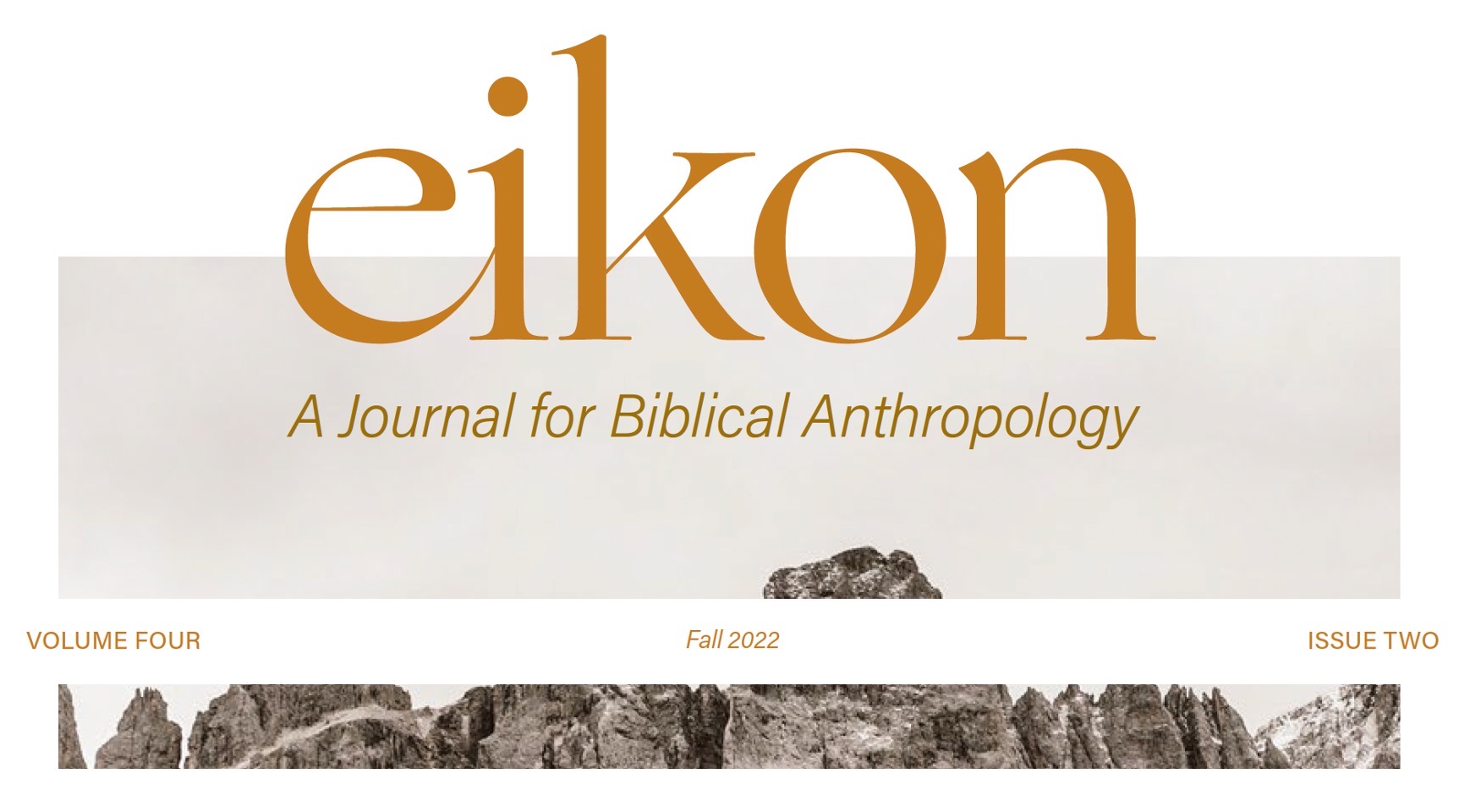Editor’s note: The following essay appears in the Fall 2022 issue of Eikon.
 Confessional statements are essential instruments of accountability for every ministry committed to biblical and theological faithfulness. From the first seven ecumenical councils to more recent doctrinal formulations like the Nashville Statement, such documents provide necessary clarity and accountability for God’s people.
Confessional statements are essential instruments of accountability for every ministry committed to biblical and theological faithfulness. From the first seven ecumenical councils to more recent doctrinal formulations like the Nashville Statement, such documents provide necessary clarity and accountability for God’s people.
Yet, the mere presence of confessional statements is insufficient. For such statements to be effective, they must not just be on the books, buried somewhere on the organization’s website. They must be visible and active, a source of real and ongoing doctrinal accountability.
Historically, creeds and confessions have most often been occasioned by aberrant teaching. Often, it is not until the normative, received teaching is challenged that the church must codify what had been widely accepted and assumed.
In the Patristic Era, heresies like Arianism and Docetism necessitated clear thinking on the Trinity and the doctrine of Christ. In the aftermath of the Protestant Reformation, statements like the Heidelberg Catechism and the Westminster Confessions codified reformation doctrine. Similarly, in the twentieth century, the Baptist Faith & Message arose from the Fundamentalist and Modernist Controversy.
More recently, our culture’s rapidly changing beliefs on matters of gender, marriage, sexuality, and human identity — and many churches’ willing embrace of these changes — prompted the Danvers Statement and now, most recently, the Nashville Statement.
Shortly after its formulation, Midwestern Baptist Theological Seminary’s Board of Trustees formally adopted the Nashville Statement as a confessional requirement for all who teach at this institution. It now stands alongside the Baptist Faith & Message, the Chicago Statement on Biblical Inerrancy, and the Danvers Statement on Biblical Manhood and Womanhood as required confessional statements that our instructional staff must affirm without hesitation or mental reservation.
For an institution like Midwestern Seminary, confessional statements serve both internal and external purposes. Internally, confessional statements convey what the instructional staff must believe and teach. It’s not just contractual, it’s covenantal. Those who teach must not merely agree to these statements, they must whole-heartedly embrace and cherish them. Professors must not just affirm these statements; they must willingly advocate for them.
Externally, confessional statements project to watching constituencies what the institution believes and teaches. Parents have a right to know what their children will be taught. Prospective students have a right to know what they will encounter in the classroom. And local churches have a right to know their aspiring ministers will receive doctrinally sound instruction.
This covenantal relationship is especially true in our Southern Baptist context. The churches of the Southern Baptist Convention founded Midwestern Seminary, they own Midwestern Seminary, and they continue to sustain Midwestern Seminary by the students and financial support they send our way.
Thus, for Midwestern Seminary, the Nashville Statement was an essential addition to our formal confessional commitments. It more clearly articulated beliefs with which we already aligned, but by adopting it we give a clear and reassuring word to our internal and external stakeholders — and that is a clear and reassuring word that is needed in our age.
Jason K. Allen is President of Midwestern Baptist Theological Seminary and serves as a CBMW Council member.
You, too, can help support the ministry of CBMW. We are a non-profit organization that is fully-funded by individual gifts and ministry partnerships. Your contribution will go directly toward the production of more gospel-centered, church-equipping resources.